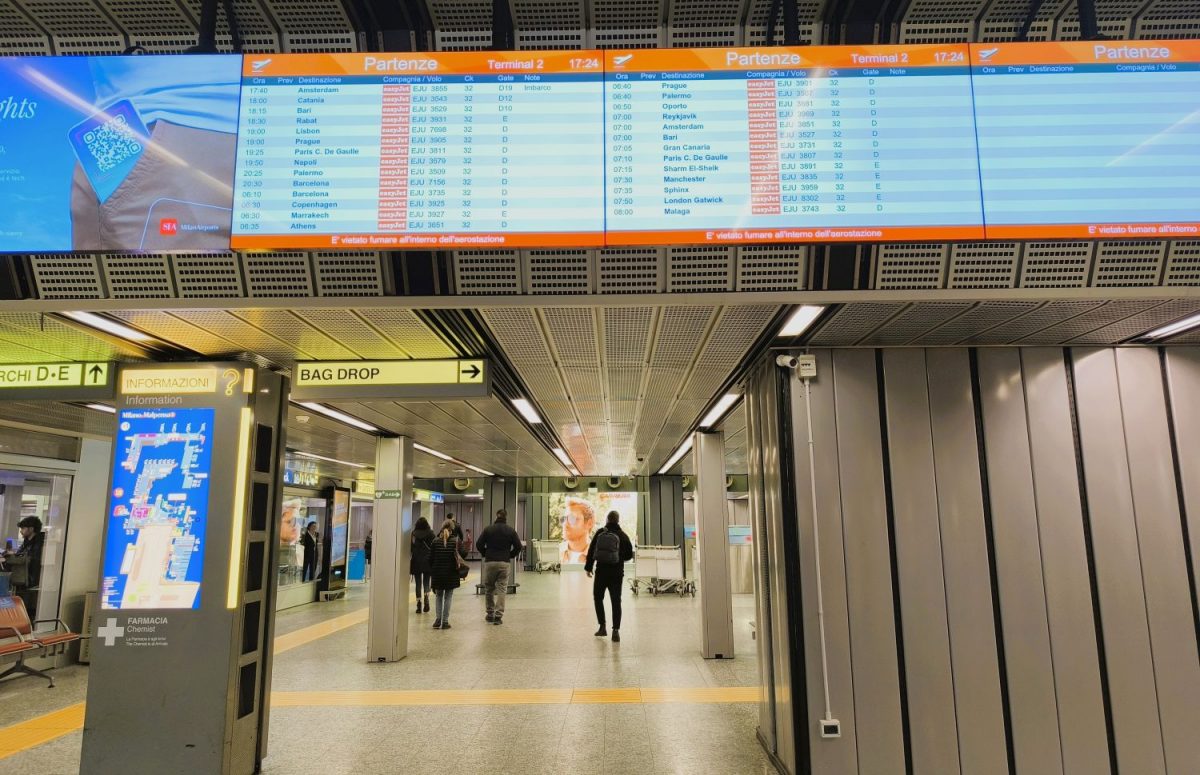Former Thomas Cook CEO Manny Fontenla-Novoa under fire

MPs investigating the Thomas Cook collapse have been urged to scrutinise the competence of former CEO Manny Fontenla-Novoa.
The Institute of Directors (IoD) has told MPs that he led a rapid expansion of the business between 2007 and 2011, which may have caused its downfall.
Fontenla-Novoa and his successor in 2012, Harriet Green, are due to give evidence to the Business, Energy and Industrial Select Committee (BEIS) on Wednesday.
The committee has already grilled the management team in charge of Thomas Cook when it sank into involuntary liquidation last month.
In its written evidence to the inquiry, the IoD said it was too early to provide a definitive assessment of the underlying cause of the collapse. However, it said its primary conclusion was that it was not due to a flaws in the UK’s system of corporate governance but instead queried whether the Thomas Cook board, led by Fontenla-Novoa, had understood the risks of its debt-fuelled mergers with MyTravel and also The Co-operative retail chain between 2007 and 2011.
"This may have led to a situation whereby the company was subsequently unable towithstand significant downward shocks to its market environment. These included the impact on customer demand of the terrorist attacks in Egypt, Tunisia and Turkey, exchange rate fluctuations,a series of warmer summers in the UK, greater online competition in the travel industry and the impact of Brexit on travel behaviour," it said.
"We would be interested to discover if the board of directors was effective – over a period of time – in understanding and managing the risks arising from these changes to the market environment.
"Furthermore, did they properly oversee the business risks arising from the firm’shighly leveragedfinancial position? Did the board do a sufficient job in understanding and challenging the response of management to these issues? Was there adequate expertise around the boardroom table to fulfil this task?
"In addition, we would seek to understand if the board at various stages of its tenure adopted a sufficiently long-term perspective on planning for the company’s success? Alternatively, was it primarily concerned with delivering short-term financial returns as the basis for excessive dividend payments or management remuneration?"
The IoD also said it was concerned at reports that holders of credit default swaps sought to block Thomas Cook’s restructuring negotiations because an outright collapse of the company would be better for them.
"We would be interested to understand the role that these financial institutions played in Thomas Cook’s ultimate collapse," it said.
The IoD also echoed MPs’ concerns that directors’ pay and bonuses were calculated on profit numbers that excluded one-off negative items.
Whilst it insisted the CEO Peter Fankhauser’s average pay of £1.4 million a year since 2016 was ‘not an excessive amount’ compared with CEO pay at FTSE 250 companies, it said it was concerned about the complexity of his remuneration, given the bonuses were awarded on the basis of adjusted ‘pre-exceptional’ earnings.
"Were accounting judgements therefore being affected by executive pay considerations?" it asked.
Fankhauser, appearing before the BEIS last week, told MPs that 30% of his bonus was paid in shares, which were now worthless, and the last bonus he received was £558,000 in 2017. Whilst he refused to give an immediate undertaking to MPs to repay the bonus, he may be forced to do so under so-called clawback provisions.
Have your say Cancel reply
Subscribe/Login to Travel Mole Newsletter
Travel Mole Newsletter is a subscriber only travel trade news publication. If you are receiving this message, simply enter your email address to sign in or register if you are not. In order to display the B2B travel content that meets your business needs, we need to know who are and what are your business needs. ITR is free to our subscribers.








































CCS Insight: eSIMs ready to take the travel world by storm
Germany new European Entry/Exit System limited to a single airport on October 12, 2025
Airlines suspend Madagascar services following unrest and army revolt
Qatar Airways offers flexible payment options for European travellers
Air Mauritius reduces frequencies to Europe and Asia for the holiday season